
ReferralCandy blog
Where ecommerce growth begins
The ultimate guide to referral and affiliate marketing for ecommerce brands

ChatGPT Plugins for Ecommerce Automation: The Complete Guide to Scaling Your Online Store
Whether you're running a small boutique shop or managing a multi-million dollar enterprise, understanding how to harness ChatGPT plugins for ecommerce automation will give you a competitive edge in today's fast-paced digital marketplace. Let's explore how these innovative solutions can revolutionize your business operations.

Raúl Galera
February 11, 2026

ChatGPT Plugins for Ecommerce Automation: The Complete Guide to Scaling Your Online Store

Raúl Galera
February 11, 2026

Bonanza Marketplace Integration Guide: How to Successfully Expand Your Ecommerce Reach

Raúl Galera
February 11, 2026

Bluesky Social Commerce Opportunities: Your Complete Guide to the Next Generation Platform

Raúl Galera
February 11, 2026

Amazon Handmade to Shopify Migration: Your Complete Guide to Taking Control of Your Handmade Business

Raúl Galera
February 11, 2026

Reverse Logistics Optimization Ecommerce: The Complete Guide to Turning Returns Into Profit

Raúl Galera
February 11, 2026

The Complete Magento to Shopify Migration Checklist: Your Step-by-Step Guide

Raúl Galera
February 11, 2026
Referral marketing
Affiliate marketing
Influencer marketing
Ecommerce marketing
Social media marketing
Looking for more? Check out our resources on these topics
- Analytics
- Branding
- Content Marketing
- Design
- Ecommerce Case Studies
- Email Marketing
- Marketing
- Social Media Marketing
- Tools






%20(2).webp)



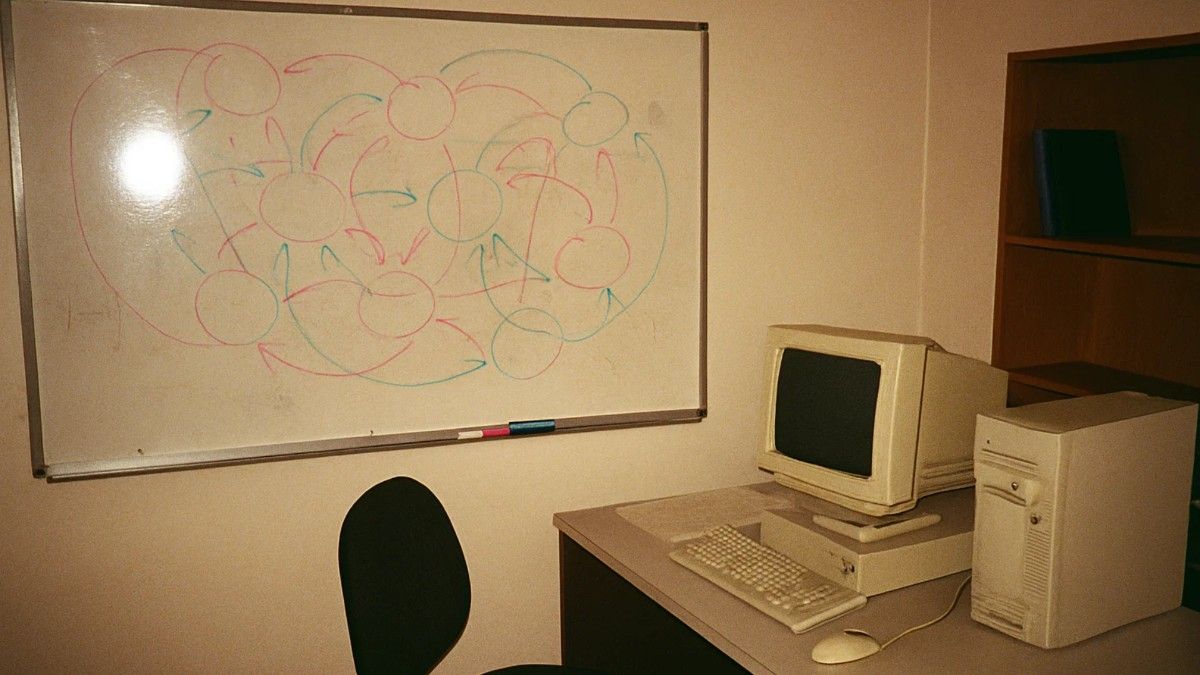


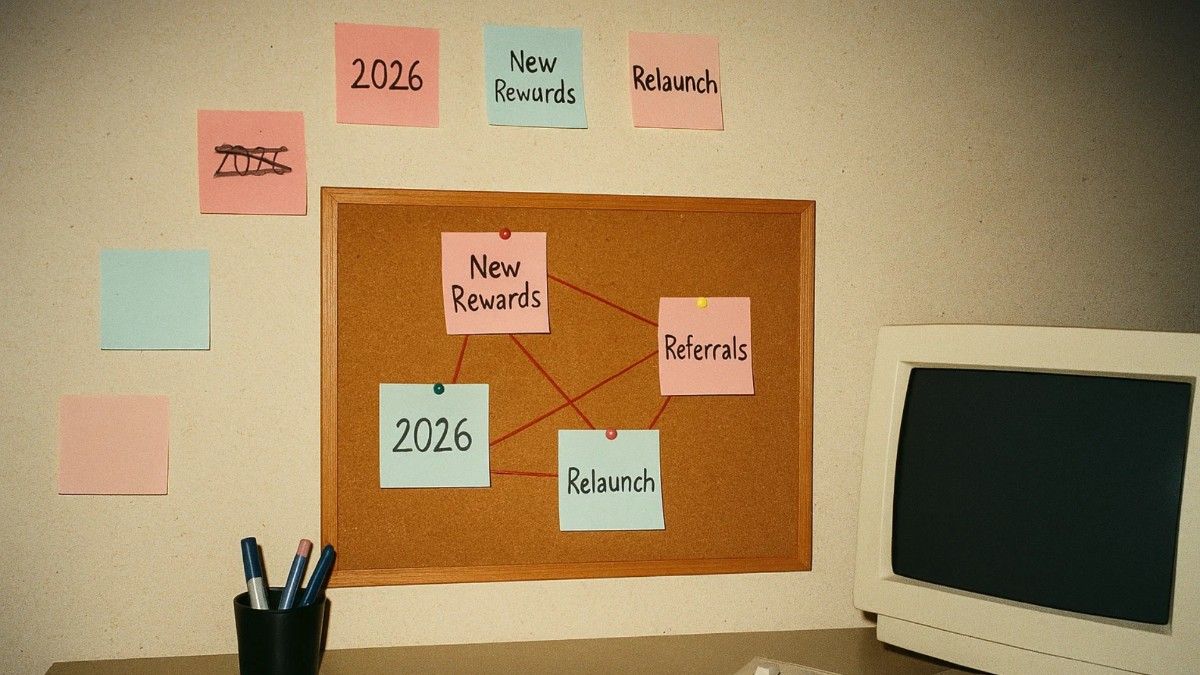



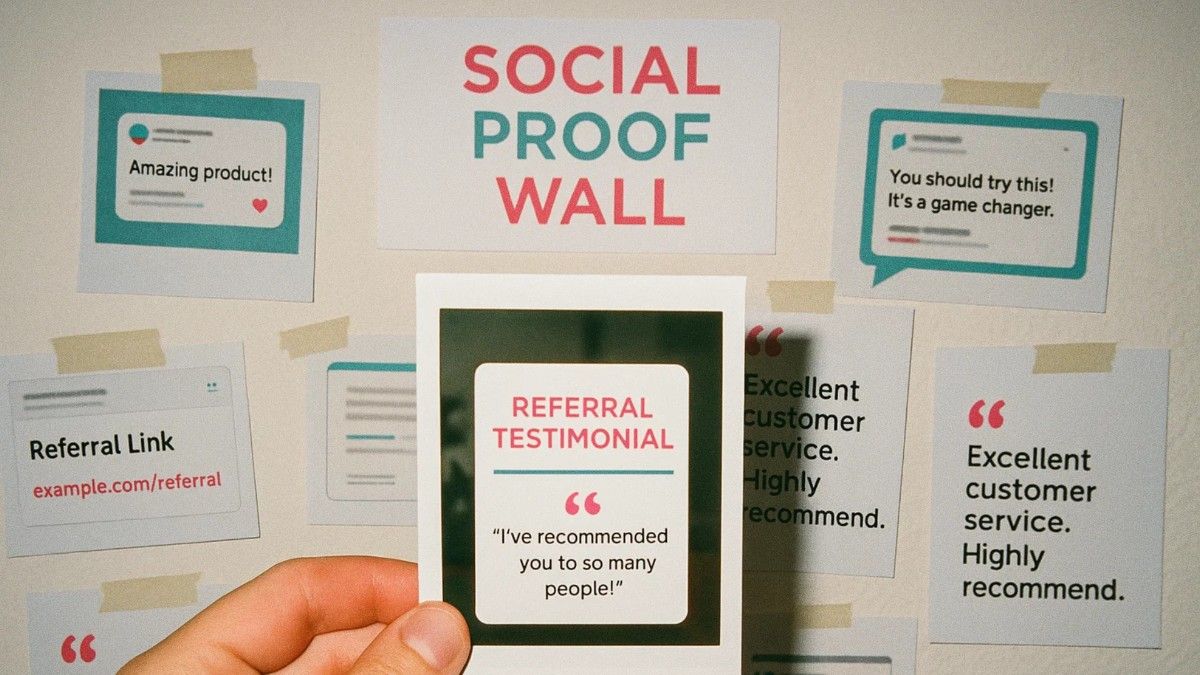







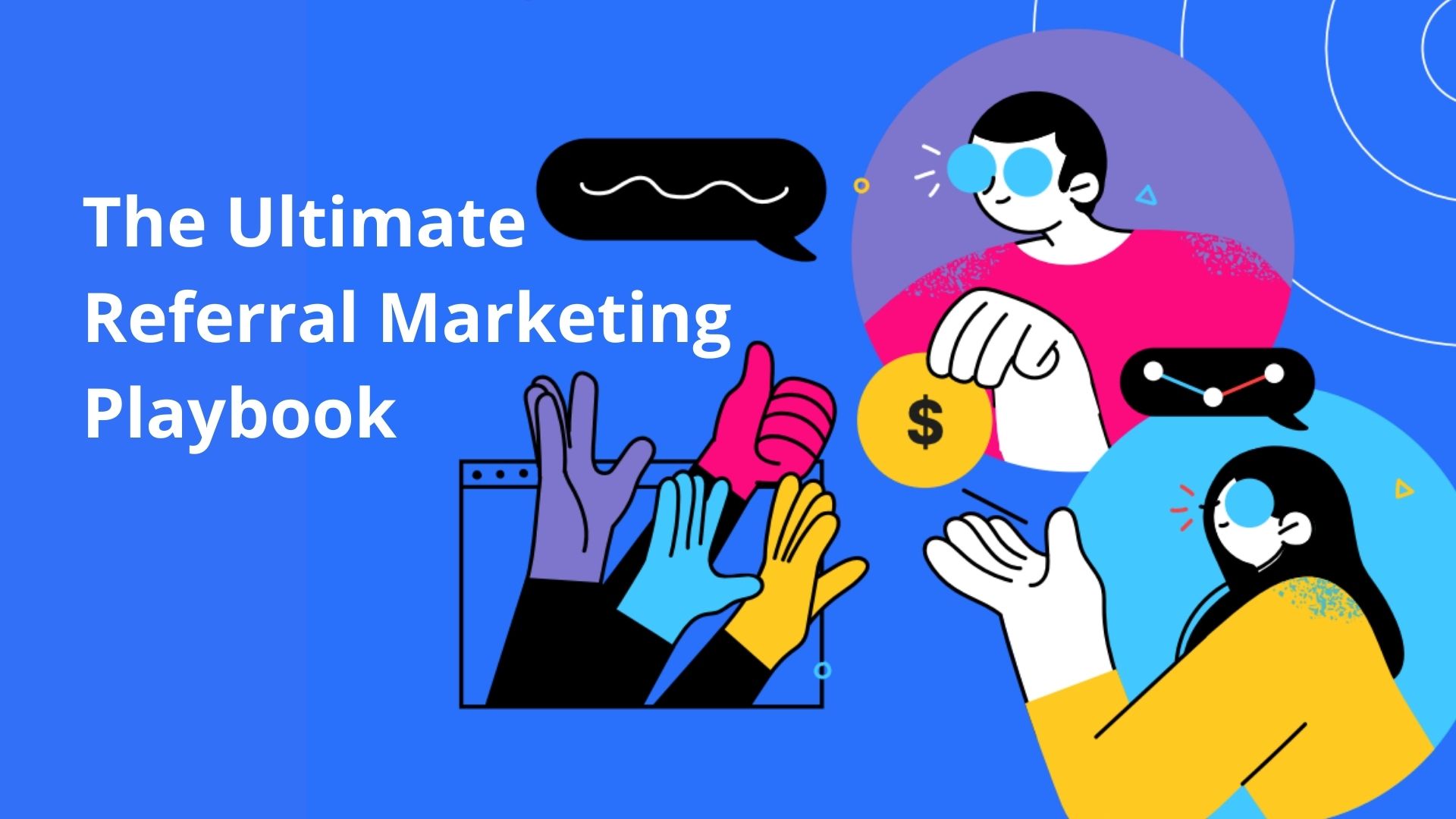



.webp)
.webp)
.webp)













.webp)
.webp)



.webp)



.webp)



.webp)
.webp)


.webp)
.webp)
.webp)
.webp)



.webp)
.webp)


.webp)

.webp)



.webp)


.webp)




.webp)

.webp)
















![Infographic: Why Referral Marketing is Awesome [2021 Update]](https://cdn.prod.website-files.com/6185b708a2657014268d2eaf/620498443877092dfe557e88_why-referralmarketing-is-awesome-featured.webp)














%20(2).webp)
.webp)


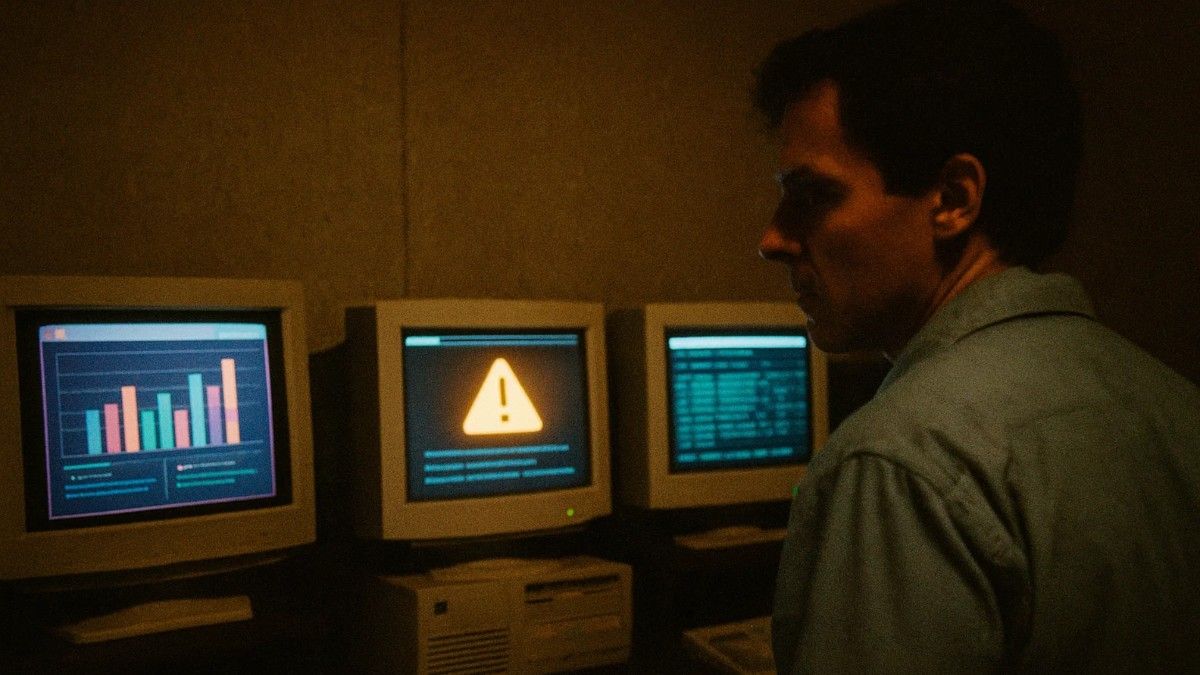

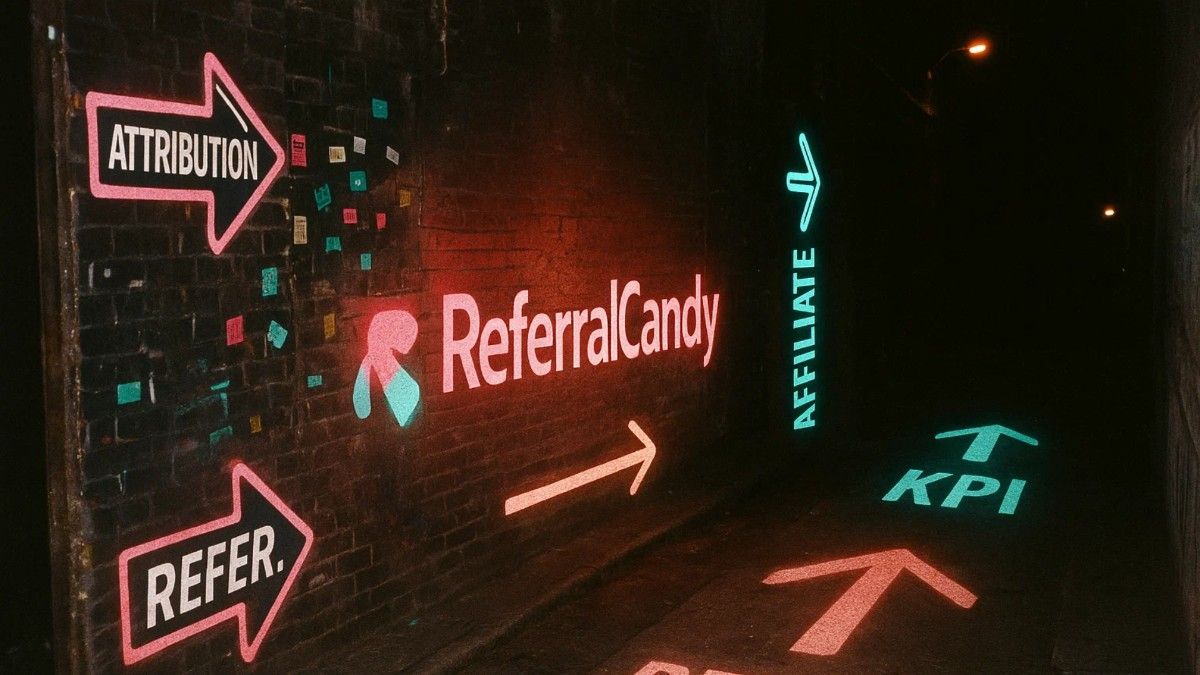




.jpg)


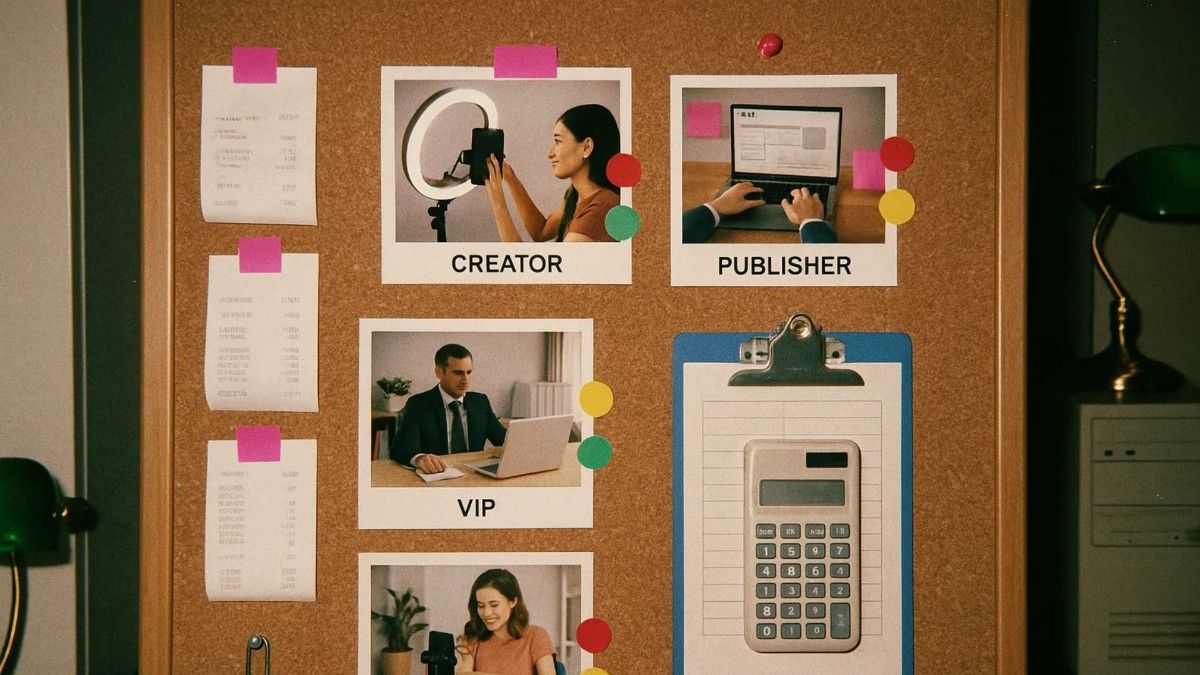








.webp)




.webp)
.webp)



.webp)



.webp)


.webp)

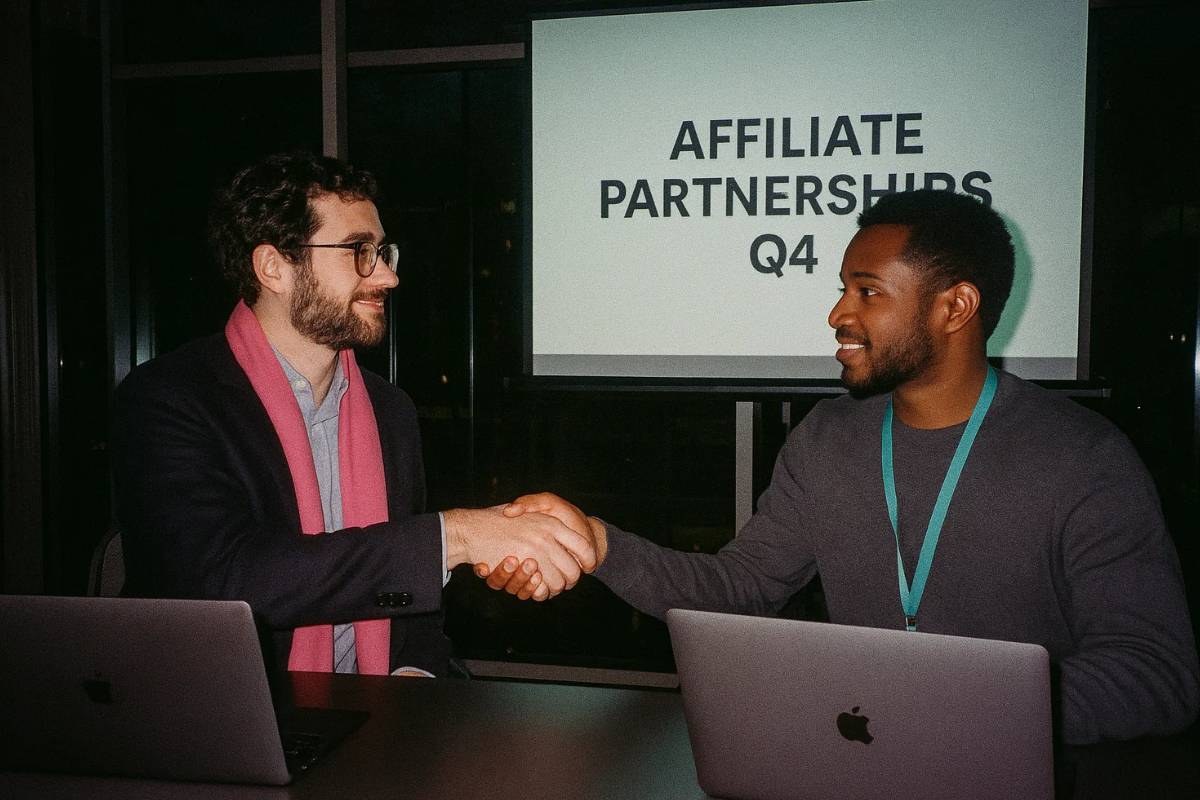


.webp)




.webp)















.webp)
.png)
.webp)
.webp)
.webp)
.webp)


